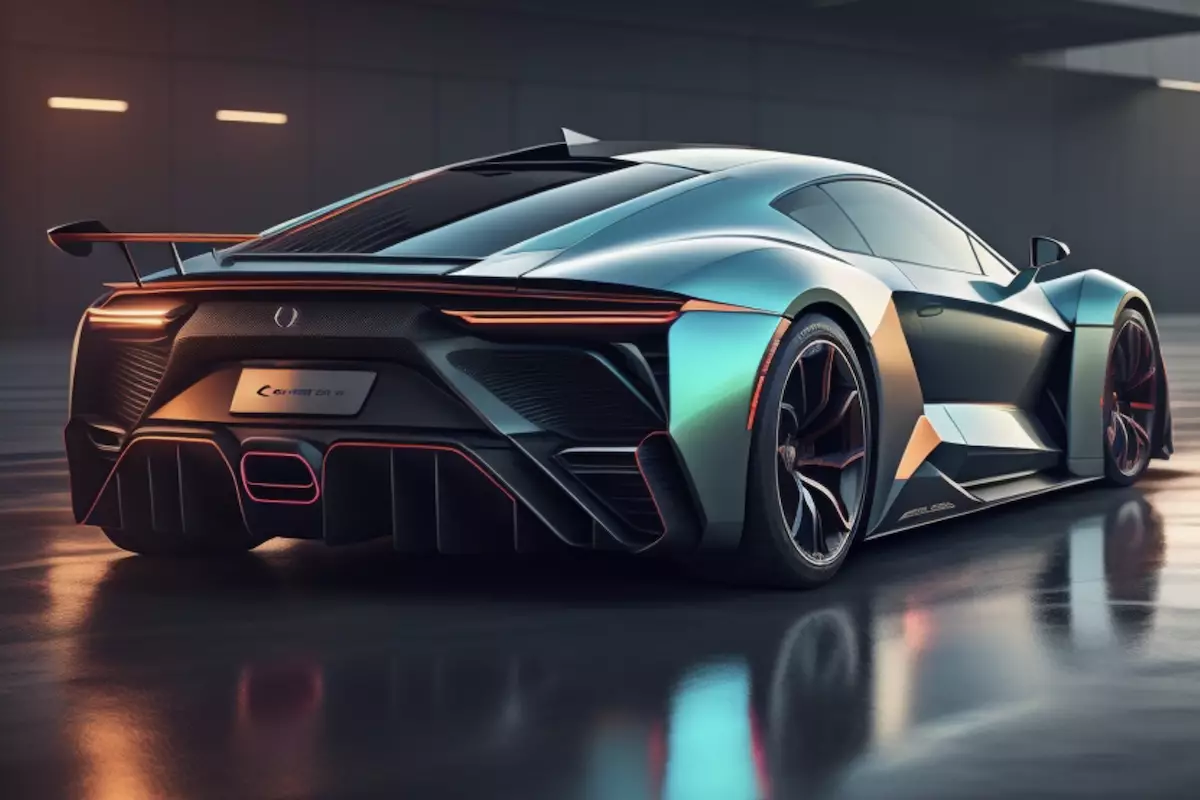In the modern landscape of vehicle ownership, traditional paradigms are undergoing a remarkable transformation, thanks to the advent of car tokenization. This innovative approach utilizes blockchain technology to create digital tokens representing fractional ownership of vehicles, thereby allowing multiple investors to co-own high-value cars. By lowering the financial barrier associated with purchasing luxury and collectible vehicles, car tokenization has the potential to democratize access to investments that were once considered exclusive to affluent individuals.
Gone are the days when one person had to bear the entire cost of a luxury car. With tokenization, ownership is fragmented, where individuals can acquire a share rather than the complete asset. This shift not only broadens the scope of investment opportunities but also alters the notion of car ownership itself. Whether it’s a classic Ferrari or a state-of-the-art electric vehicle, prospective owners can now participate in the automotive market without the hefty financial commitments traditionally required.
At the core of car tokenization lies a straightforward yet sophisticated process. The journey begins with selecting a vehicle, which could range from contemporary sports cars to vintage collectibles. Once chosen, digital tokens are generated to represent shares in the car. These tokens are securely housed on a blockchain, a decentralized and immutable digital ledger that assures transparency and security in ownership dealings.
Ownership transactions are facilitated through smart contracts—self-executing agreements coded into the blockchain that dictate the terms of ownership and ensure compliance. When a buyer acquires tokens or an owner opts to sell, these transactions are seamlessly recorded, significantly reducing the potential for fraud or disputes. This streamlined process not only automates transactions but also enhances the overall trading experience within the automotive market.
The implications of car tokenization extend well beyond mere accessibility. Several notable benefits mark this new wave of vehicle ownership:
1. **Fractional Ownership**: Tokenization enables multiple parties to share ownership of a vehicle, thus making luxury cars accessible to a broader audience. This opens the door for everyday investors to potentially own a piece of remarkable automobiles.
2. **Enhanced Liquidity**: Unlike the traditional car market, where selling a vehicle can often be a tedious process, tokenized cars can be traded with relative ease. This liquidity is a crucial feature that makes tokenized assets more appealing to investors.
3. **Shared Financial Responsibilities**: Alongside ownership, expenses such as maintenance, insurance, and storage can also be pooled among token holders, alleviating individual financial burdens that come with owning a car outright.
4. **Emerging Asset Class**: Car tokenization creates a new category of investment, enabling individuals to invest in tangible assets that can appreciate over time, such as rare classic and limited-edition vehicles. This allows investors to diversify their portfolios beyond conventional assets.
A prominent example showcasing the practical implementation of car tokenization involves a collaboration between Renegade, a crypto-banking entity, and Mulsano, a luxury car dealer in Germany. They offer investors opportunities to purchase shares in an array of high-end collector vehicles through tokenized assets, with minimum investments priced affordably at $100 per share. This collaboration exemplifies how the integration of traditional currencies and cryptocurrencies meets the demand for innovative investment platforms.
Housed in Mulsano’s showroom, the tokenized vehicles remain on display while their values have the potential for appreciation. When these assets yield profits upon sale, token holders are proportionately compensated, embodying a fresh model of shared investment returns.
Despite its promising future, car tokenization is confronted with significant challenges that must be navigated for its long-term success. Regulatory uncertainty looms large, as numerous countries still grapple with establishing clear guidelines governing digital assets and tokenized ownership. This creates an unpredictable environment for both businesses and investors venturing into car tokenization.
Moreover, there’s a notable knowledge gap regarding blockchain technology and tokenization within the general public. Many potential investors may find themselves overwhelmed by the complexity of understanding digital tokens and the risks associated with such investments. Education and outreach initiatives will be vital in bridging this gap to enhance market participation.
As blockchain technology continues to mature and regulatory frameworks evolve, we stand on the cusp of a new era in car ownership and investment. While car tokenization may not entirely eclipse traditional ownership models, it presents a compelling alternative, particularly for a younger generation intrigued by innovative investment strategies.
By embracing the concept of owning a share in extraordinary vehicles, tokenization paves the way for a diversified approach to participating in the automotive market. As this trend gains traction, reimagining earned equity in high-value cars—a once-exclusive privilege—might become commonplace for a wider audience, thereby reshaping our understanding of automotive investment for years to come.


Leave a Reply